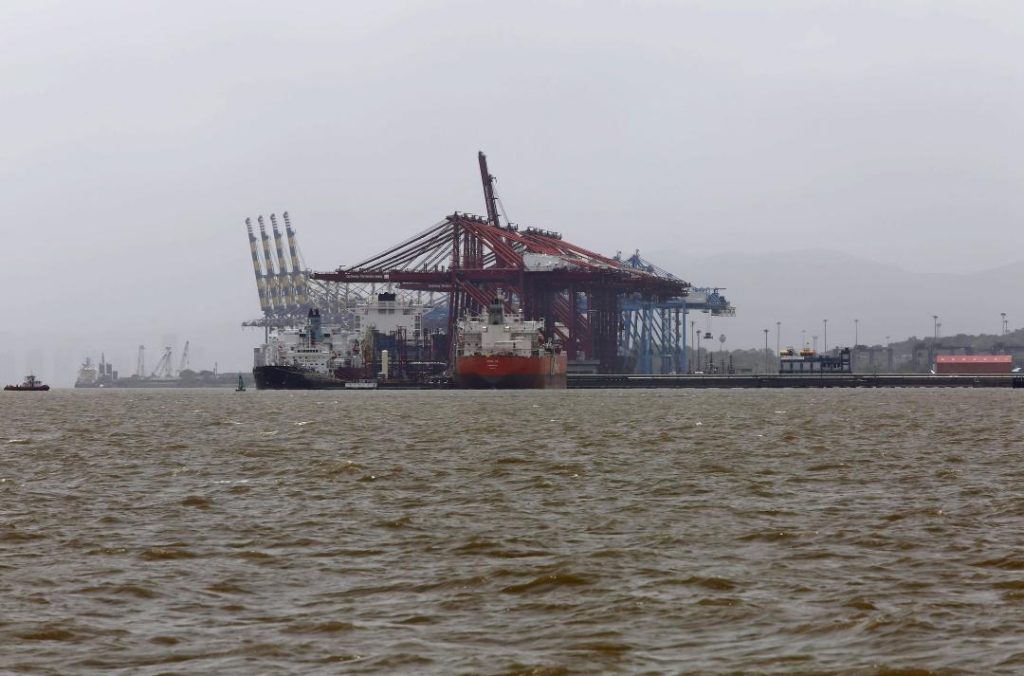
How was ₹800-cr scam undertaken by Tata firm & India’s largest container port’s ex-staff?
The recent revelation of an ₹800-crore scam at India’s largest container port, Jawaharlal Nehru Port (JNPT) and a Tata firm, Tata Consulting Engineers, has sent shockwaves throughout the country. The scam, which involves a massive financial loss, has raised questions about the accountability of officials and the laxity in the implementation of projects. In this blog post, we will delve into the details of the scam and explore how it was undertaken by the former staff of the Tata firm and the JNPT.
As per the latest reports, the Central Bureau of Investigation (CBI) has flagged cumulative losses exceeding ₹4200 crore in the JNPA dredging project. The project, which was undertaken by the Tata firm and the JNPT, was meant to enhance the navigational draft of the port from 14 meters to 15 meters. However, instead of following the specified draft, the officials chose to go for a deeper 15-metre vessel draft, causing a massive loss of ₹1163 crore.
To make matters worse, the contractors involved in the project opted for a single rate for dredging of different rock types, resulting in another loss of ₹557 crore. Furthermore, the contractors undertook dredging for excess width, causing a loss of ₹964 crore. These cumulative losses have put a significant strain on the project’s finances, and the CBI is likely to summon the officials involved in the scam.
So, how was this massive scam undertaken? It appears that the officials involved in the project were more interested in padding their pockets than in following the specified guidelines. The Tata firm, which was responsible for the project’s execution, seems to have turned a blind eye to the irregularities, allowing the scam to take place.
The JNPT, which is responsible for the port’s operations, also appears to have been complicit in the scam. The port’s officials should have been more vigilant in monitoring the project’s progress and ensuring that the specifications were followed. Instead, they seem to have been lax in their responsibilities, allowing the scam to take place.
The consequences of this scam are far-reaching. The port’s finances are likely to be severely impacted, and the project’s viability is now in question. The government, which had invested heavily in the project, is likely to face significant losses. Moreover, the credibility of the Tata firm and the JNPT is likely to take a hit, making it difficult for them to secure future projects.
The scam also raises questions about the accountability of officials and the need for stricter regulations in the implementation of projects. It is essential that the government takes immediate action to prevent such scams in the future. This can be achieved by strengthening the checks and balances in place and imposing stricter penalties on officials found guilty of irregularities.
In conclusion, the ₹800-crore scam at the JNPT and the Tata firm is a shocking revelation that highlights the need for greater accountability and stricter regulations in the implementation of projects. It is essential that the government takes immediate action to prevent such scams in the future and ensures that the officials involved are held accountable for their actions.






